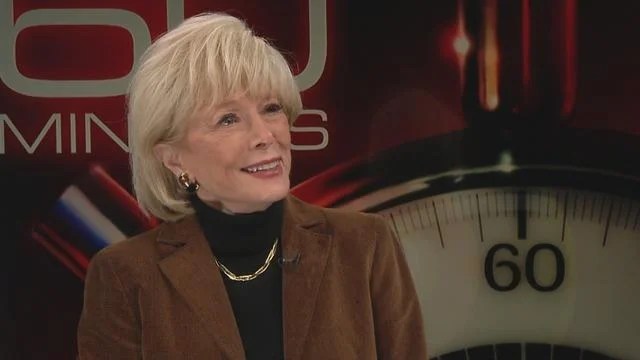The dynamic world of investigative journalism is brought to life each week on the iconic program "60 Minutes." This long-standing television series has been a staple of American broadcasting since its inception in 1968, showcasing in-depth stories that often uncover hidden truths and bring important issues to the forefront of public discourse. The reporters behind these compelling pieces are not just journalists; they are storytellers, investigators, and sometimes even advocates for change.
As viewers tune in to watch segments that range from political exposés to human interest stories, they often wonder who the people behind the cameras are. The "60 Minutes reporters" have carved out a unique niche for themselves within the landscape of television journalism. With their distinctive interviewing styles, commitment to accuracy, and ability to engage audiences, these reporters have become synonymous with integrity and excellence in reporting.
The allure of "60 Minutes" lies not only in the stories but also in the personalities of the reporters themselves. Each reporter brings their own perspective and expertise to the table, creating a rich tapestry of narratives that resonate with viewers. In this article, we will delve deeper into the lives and careers of some of the most notable "60 Minutes reporters," exploring their backgrounds, reporting styles, and contributions to the field of journalism.
Who Are the Most Notable 60 Minutes Reporters?
Throughout its history, "60 Minutes" has featured a plethora of talented reporters. Some of the most notable include:
- Morley Safer
- Diane Sawyer
- Lesley Stahl
- Anderson Cooper
- Scott Pelley
What Makes 60 Minutes Reporters Unique?
The uniqueness of "60 Minutes reporters" stems from their dedication to uncovering the truth. They employ a variety of investigative techniques, including:
- Extensive research
- In-depth interviews
- On-site investigations
These techniques allow them to provide viewers with comprehensive and accurate storytelling that not only informs but engages and sometimes even provokes thought and discussion.
How Do 60 Minutes Reporters Prepare for a Segment?
Preparation for a segment on "60 Minutes" is no small feat. Reporters often spend months researching and developing their stories. The process typically involves:
- Identifying a relevant and compelling topic.
- Conducting preliminary research.
- Interviewing sources and gathering data.
- Scriptwriting and editing the final piece.
What Is the Impact of 60 Minutes Reporters on Society?
The impact of "60 Minutes reporters" extends far beyond the screen. Their journalism has led to:
- Increased awareness of social issues.
- Policy changes at various levels of government.
- Mobilization of public opinion on critical matters.
By shedding light on important stories, they contribute to a more informed public and encourage dialogue about pressing issues.
Can You Name a Few Iconic Stories Covered by 60 Minutes Reporters?
Over the years, "60 Minutes" has covered numerous iconic stories that have made headlines around the world. Some examples include:
- The Watergate scandal
- Exposes on corporate wrongdoing
- Investigations into government policies
Each of these stories has played a crucial role in informing the public and holding powerful entities accountable.
What Are the Personal Details of Notable 60 Minutes Reporters?
Here is a brief overview of some prominent "60 Minutes reporters":
| Name | Born | Role | Notable Work |
|---|---|---|---|
| Morley Safer | November 8, 1931 | Reporter | Vietnam War coverage |
| Diane Sawyer | December 22, 1945 | Anchor/Reporter | Interviews with world leaders |
| Lesley Stahl | December 16, 1941 | Reporter | Coverage of the Bush administration |
| Anderson Cooper | June 3, 1967 | Reporter | Hurricane Katrina coverage |
| Scott Pelley | July 28, 1957 | Anchor/Reporter | Investigative reports on health care |
How Do 60 Minutes Reporters Maintain Credibility?
Maintaining credibility is paramount for "60 Minutes reporters." They adhere to strict journalistic ethics, which include:
- Fact-checking all information.
- Attributing sources accurately.
- Providing balanced perspectives.
This commitment to ethical journalism ensures that their reporting remains trustworthy and respected.
What Is the Future of 60 Minutes Reporters?
As the media landscape continues to evolve, the future of "60 Minutes reporters" will likely involve adapting to new technologies and changing audience preferences. However, the core mission of uncovering the truth and informing the public will remain steadfast.
In conclusion, the "60 Minutes reporters" have played an integral role in shaping the landscape of American journalism. Their dedication to storytelling, investigative prowess, and commitment to ethical reporting make them vital contributors to public discourse. As we look to the future, we can only hope that their legacy of excellence continues to thrive.




